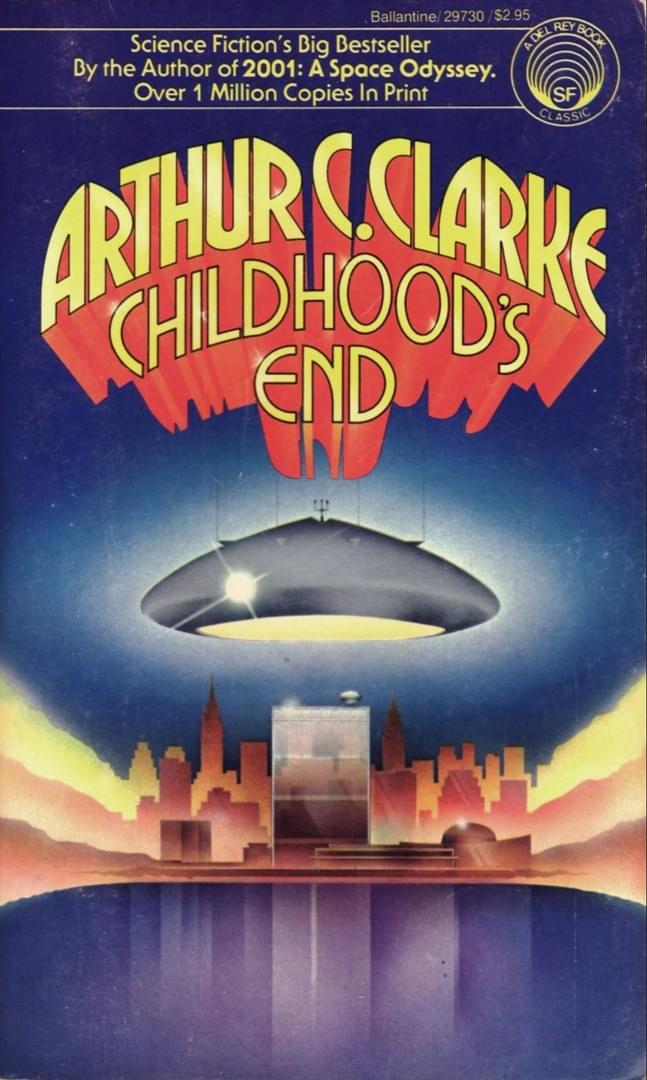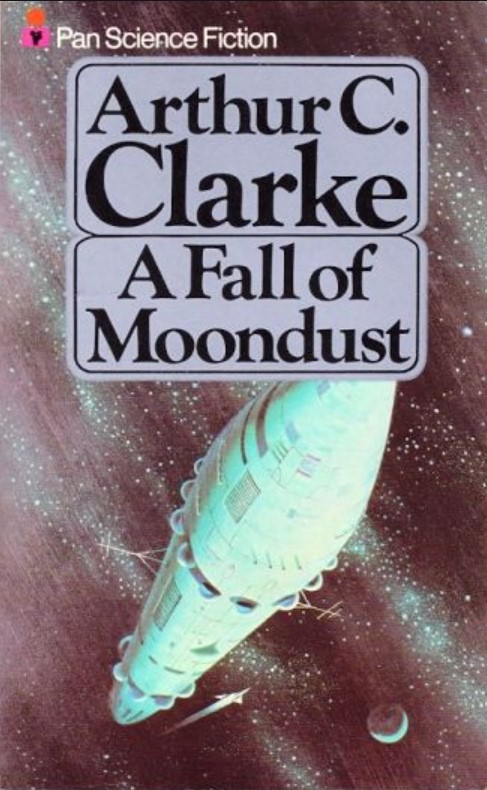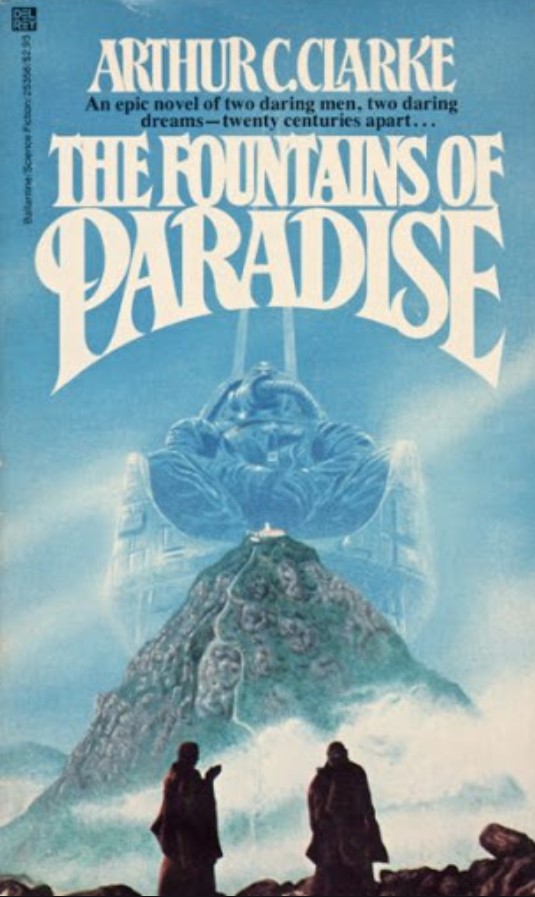


Arthur C. Clarke
Sir Arthur Charles Clarke CBE FRAS (16 December 1917 – 19 March 2008) was one of the great SF writers, known to many even outside the genre and the inventor of several of the SF tropes that abound in books and stories - from space elevators to mining the asteroid belt. He also 'invented' the ideas behind some of the great technological achievements of modern times, most notably the idea of geostationary communication satellites. Clearly a bit of a visionary, Clarke, along with Heinlein and Asimov, made up the 'Big Three' of SF. He wrote some of the best SF short stories early in his career, he wrote the film treatment (and then novel) for Stanley Kubrick's 2001: A Space Odyssey and also wrote some of my favourite novels in the genre.
Born in Somerset in the UK in 1917, Clarke got the SF bug in 1928, reading the November issue of Amazing that year and falling for the genre. He went on to join the Junior Astronomical Society as a teenager. He served in the Air Force during WWII, involved in early-warning radar, and following the war he went to King's College London and obtained a 'first' in mathematics and physics. In 1956 he moved to Sri Lanka where he lived until his death at 91.

Arthur C. Clarke's "Laws" and Quotes
Clarke provided the world with numerous famous and useable quotes. The first three below are not exactly quotes but are Clarke's three 'laws', which he proposed. The third law is by far the most well known:
Clarke's 1st Law
: When a distinguished but elderly scientist states that something is possible, he is almost certainly right. When he states that something is impossible, he is very probably wrong.
Clarke's 2nd Law: The only way of discovering the limits of the possible is to venture a little way past them into the impossible
Clarke's 3rd Law: Any sufficiently advanced technology is indistinguishable from magic
Other Quotes
Two possibilities exist: either we are alone in the Universe or we are not. Both are equally terrifying.
I don't believe in astrology; I'm a Sagittarius and we're skeptical.
This is the first age that's ever paid much attention to the future, which is a little ironic since we may not have one.
The moment when one first meets a great work of art has an impact that can never again be recaptured.
Never attribute to malevolence what is merely due to incompetence.
The greatest tragedy in mankind's entire history may be the hijacking of morality by religion.
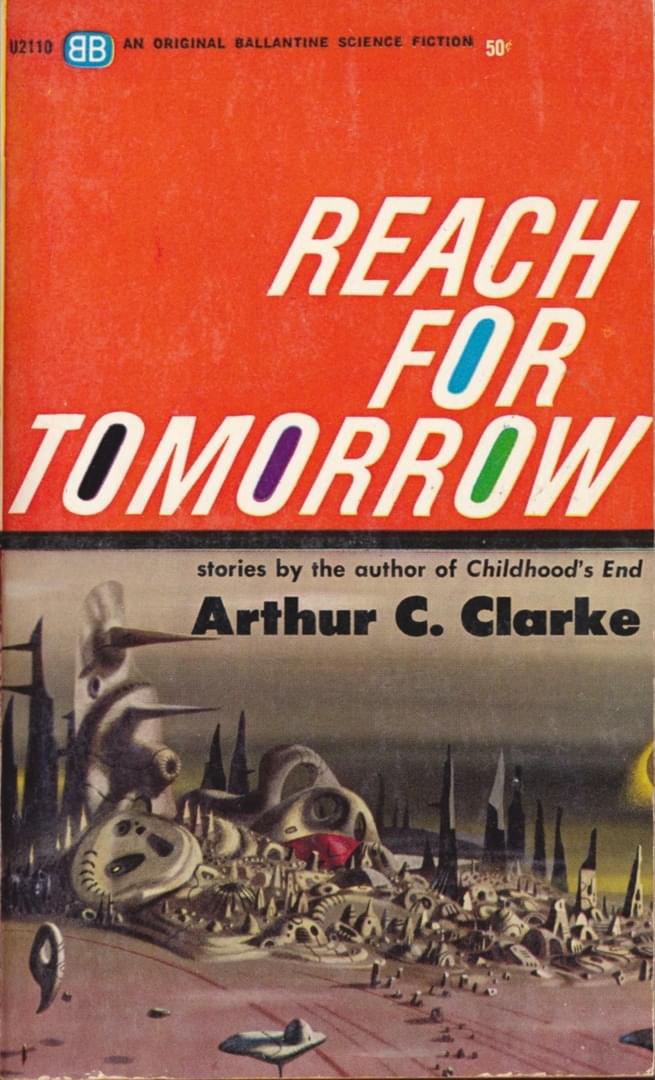
Clarke-Asimov Treaty
The 'treaty' was apparently agreed as Asimov and Clarke shared a cab down Park Avenue in New York. It stated that Asimov was required to insist that Arthur C. Clarke was the best science fiction writer in the world (reserving second best for himself), while Clarke was required to insist that Isaac Asimov was the best science writer in the world (reserving second best for himself). As a result, Clarke dedicated his science book Report on Planet Three as follows: "In accordance with the terms of the Clarke-Asimov treaty, the second-best science writer dedicates this book to the second-best science-fiction writer".
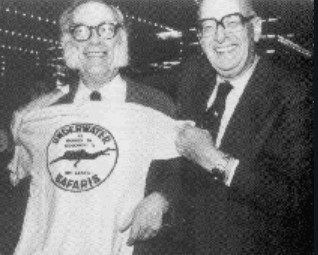
Major SF Awards
1956 Hugo Award for Best Short Story - The Star
1969 Hugo Award for Best Dramatic Presentation - 2001: A Space Odyssey
1973 Nebula Award for Best Novella - A Meeting with Medusa
1974 Hugo for Best Novel - Rendezvous with Rama
1974 Nebula Award for Best Novel - Rendezvous with Rama
1980 Hugo Award for Best Novel - The Fountains of Paradise
1980 Nebula Award for Best Novel - The Fountains of Paradise
1985 Hugo Award for Best Dramatic Presentation - 2010: Odyssey Two
1986 SFWA Grand Master Award
2004 Robert A. Heinlein Award
2004 Retro Hugo Award for Best Novel - Childhood's End
2004 Retro Hugo Award for Best Short Story - The Nine Billion Names of God
2014 Retro Hugo Award for Best Short Story - How We Went to Mars
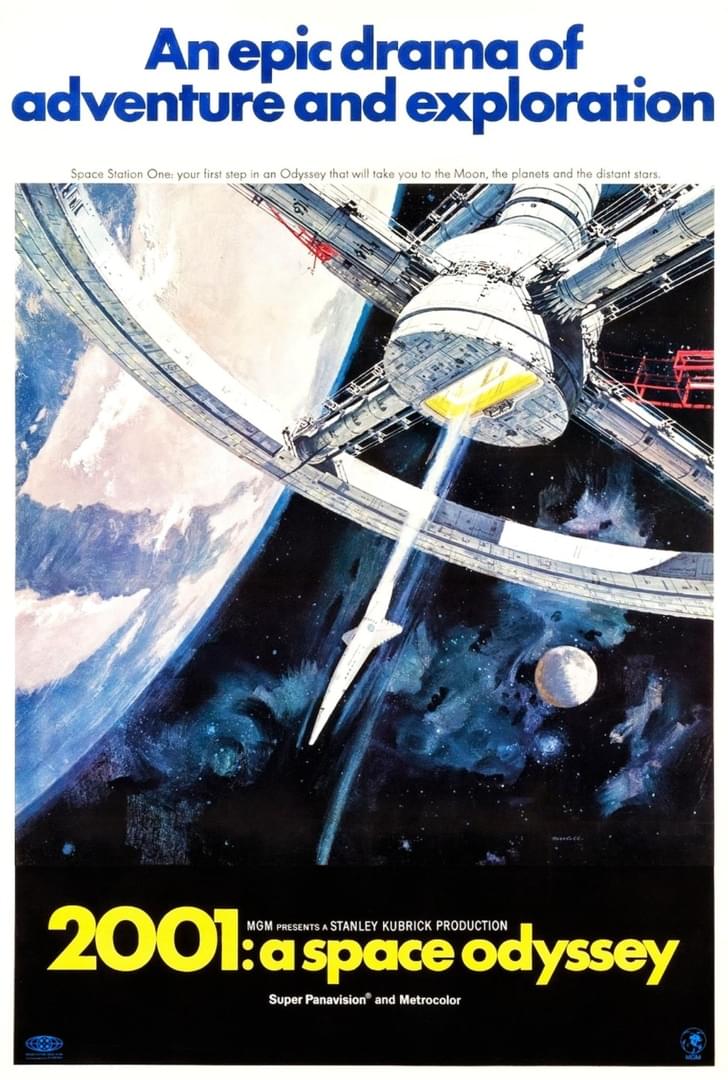

Bibliography
Novels
From 1948 through 1987 Clarke wrote books without collaborators and from the mid-50's onward they were largely excellent, award-winning, seminal works of SF:
Against the Fall of Night (1948) - original version of The City and the Stars
Prelude to Space (1951)
The Sands of Mars (1951)
Islands in the Sky (1952)
Childhood's End (1953) - Clarke's first great SF novel
Earthlight (1955)
The City and the Stars (1956) - excellent
The Deep Range (1957) - good
A Fall of Moondust (1961) - Hugo nominee - excellent
Dolphin Island (1963)
Glide Path (1963)
2001: A Space Odyssey (1968) - excellent
Rendezvous with Rama (1972) - Hugo, Nebula & Locus Award winner - excellent
Imperial Earth (1975) - considered weaker
The Fountains of Paradise (1979) - Hugo, Nebula & Locus Award winner - excellent
2010: Odyssey Two (1982) - Hugo and Locus Awards nominee - very good
The Songs of Distant Earth (1986) - I liked this; superior hard SF
2061: Odyssey Three (1987) - less good than first two in the series
From 1987, when Clarke turned 70, he wrote mostly with collaborators who probably did most of the actual writing, and the standard, generally speaking, was less high:
Cradle (1988) (with Gentry Lee)
Rama II (1989) (with Gentry Lee) - collaborations with Gentry Lee not so highly regarded
The Ghost from the Grand Banks (1990)
The Garden of Rama (1991) (with Gentry Lee)
Rama Revealed (1993) (with Gentry Lee)
The Hammer of God (1993) - enjoyable
Richter 10 (1996) (with Mike McQuay) - weak reviews
3001: The Final Odyssey (1997)
The Trigger (1999) (with Michael P. Kube-McDowell)
The Light of Other Days (2000) (with Stephen Baxter)
Time's Eye (2003) (with Stephen Baxter) - 1st in A Time Odyssey trilogy
Sunstorm (2005) (with Stephen Baxter) - 2nd in A Time Odyssey trilogy
Firstborn (2007) (with Stephen Baxter) - 3rd in A Time Odyssey trilogy
The Last Theorem (2008) (with Frederik Pohl)
Short story collections
Expedition to Earth (1953)
Reach for Tomorrow (1956)
Venture to the Moon (1956)
Tales from the White Hart (1957)
The Other Side of the Sky (1957)
Tales of Ten Worlds (1962)
The Nine Billion Names of God (1967)
Of Time and Stars (1972)
The Wind from the Sun (1972)
The Sentinel (1983)
Tales From Planet Earth (1990)
More Than One Universe (1991)
The Collected Stories of Arthur C. Clarke (2001)
